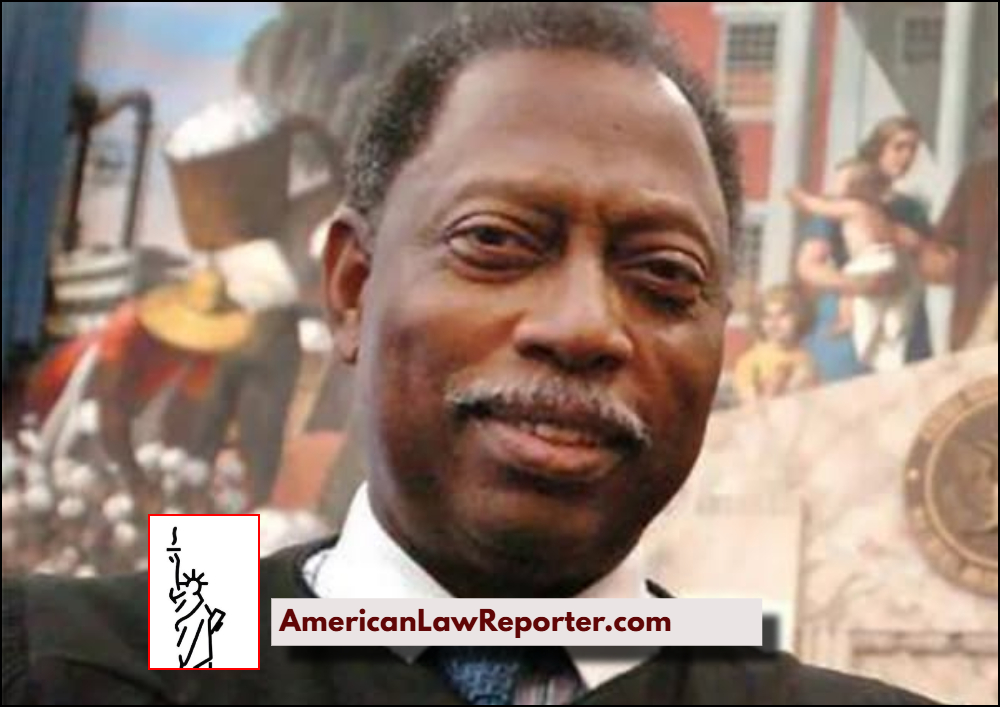Mississippi’s attempt to outlaw diversity, equity, and inclusion (DEI) in public schools has been dealt a major legal setback. U.S. District Judge Henry Wingate issued a preliminary injunction blocking key provisions of the law, ruling that it violates the First Amendment and creates unconstitutional ambiguity in the classroom.
The law, which took effect in April, prohibited DEI offices, training, and programs, while also banning instruction on a list of so-called “divisive concepts” related to race, sex, gender identity, sexual orientation, and national origin. Noncompliance could result in schools losing state funding.
Judge Wingate wrote that the measure was “vague, not viewpoint-neutral, and threatening to free expression and academic freedom,” siding with teachers, parents, and students who filed suit earlier this year.
The plaintiffs argue that the law infringes on their rights under the First and Fourteenth Amendments.
Significantly, Wingate also certified the case as a class action, broadening the injunction to cover all teachers, professors, and students in Mississippi. The ruling expands on an earlier temporary restraining order he issued in July.
Notably, the injunction does not block sections of the law that bar preferential treatment on the basis of race, sex, or national origin, or those shielding students and staff from penalties if they decline to embrace DEI concepts.
The lawsuit highlights the growing national tension over DEI policies, with Mississippi joining other Republican-led states in seeking to restrict how race and identity are discussed in classrooms.
Wingate’s order ensures that—for now—Mississippi educators retain the freedom to teach without fear of punishment under the contested statute.
The case continues as a broader test of constitutional limits on state efforts to regulate classroom speech.

